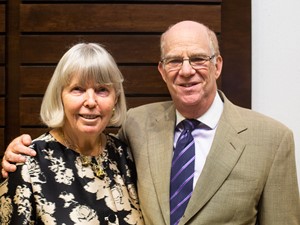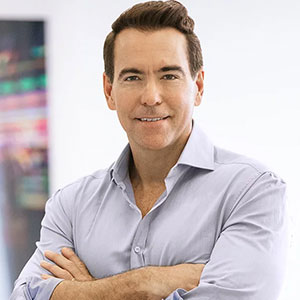It goes against much of what we've been led to believe.
The United States, according to labor and health economist Anna Aizer, is not a land of opportunity for many. In fact, it is easier to move up the economic ladder in most countries in Western Europe than it is here.
Aizer, professor of economics and public policy and chair of the Department of Economics, ought to know. She's been studying these mechanisms for years.
"Income predictors in American adulthood are pretty much set by the time a child reaches eight," she says. "The child's hometown, access to high-quality healthcare, educational opportunities—even interactions with the juvenile justice system—all determine where that child will land in the future."
What is it about growing up in a poor household that makes it so difficult for a child to escape poverty? That's what she's trying to figure out. Already, though, there is cause for optimism: Lead—which affects cognitive development—has been reduced in the environment. "Investing early in low-income children can produce large returns," affirms Aizer.
 Doctoral student Julia Tanndal, for example, tested the effect of tax rate changes on tax evasion through offshore accounts. "Launching my own research has been scary and exciting at the same time. But highlighting the efficiency of tax policy as an alternative to regulation will mean something for the world."
Doctoral student Julia Tanndal, for example, tested the effect of tax rate changes on tax evasion through offshore accounts. "Launching my own research has been scary and exciting at the same time. But highlighting the efficiency of tax policy as an alternative to regulation will mean something for the world."